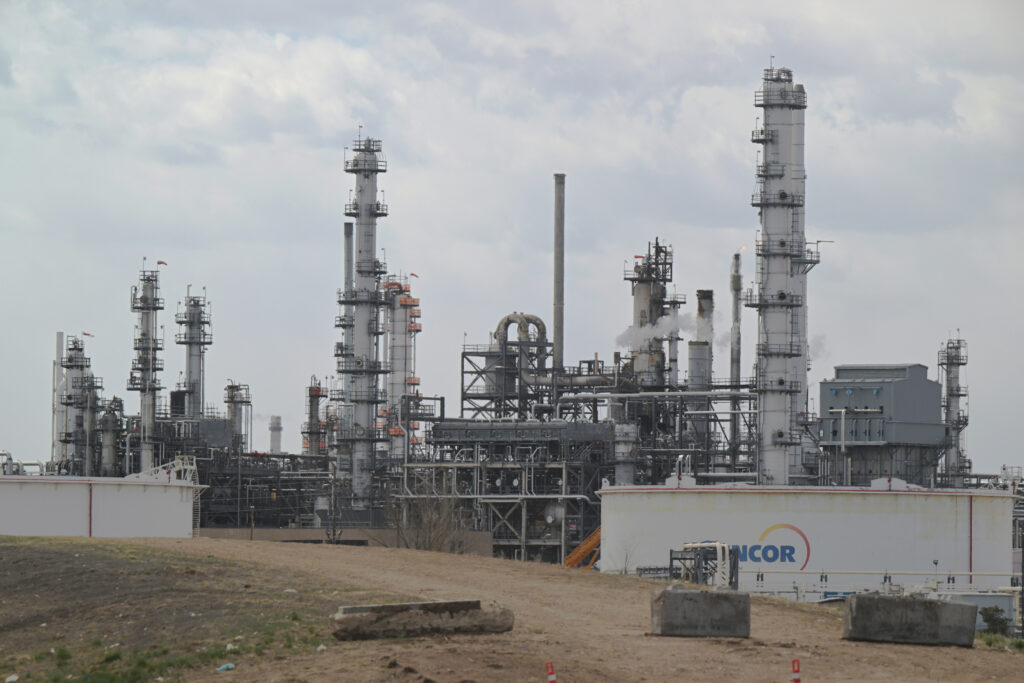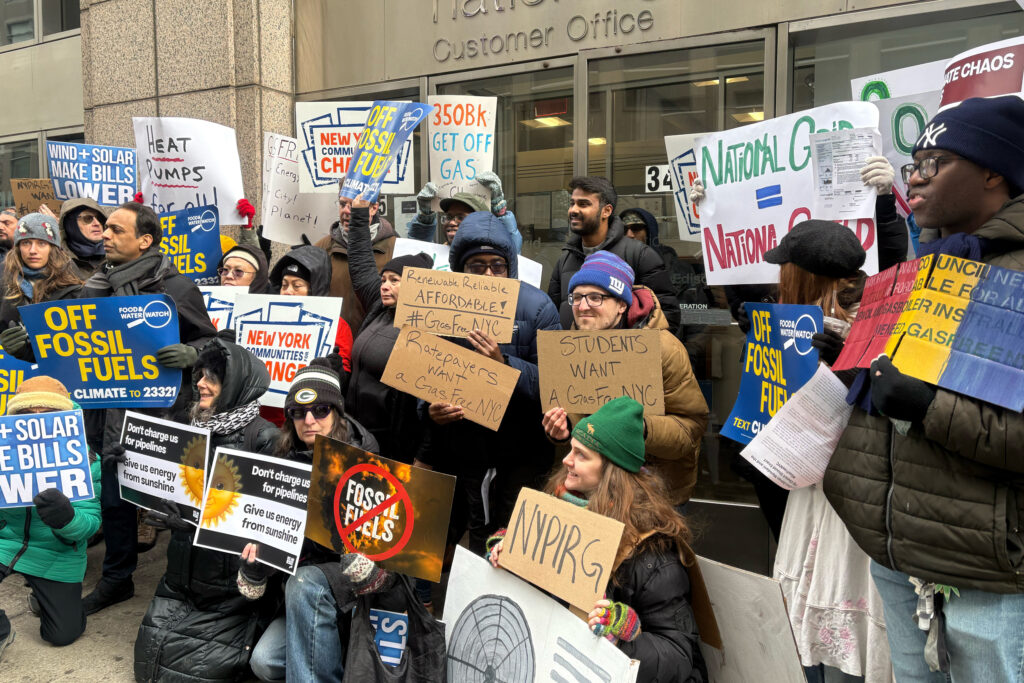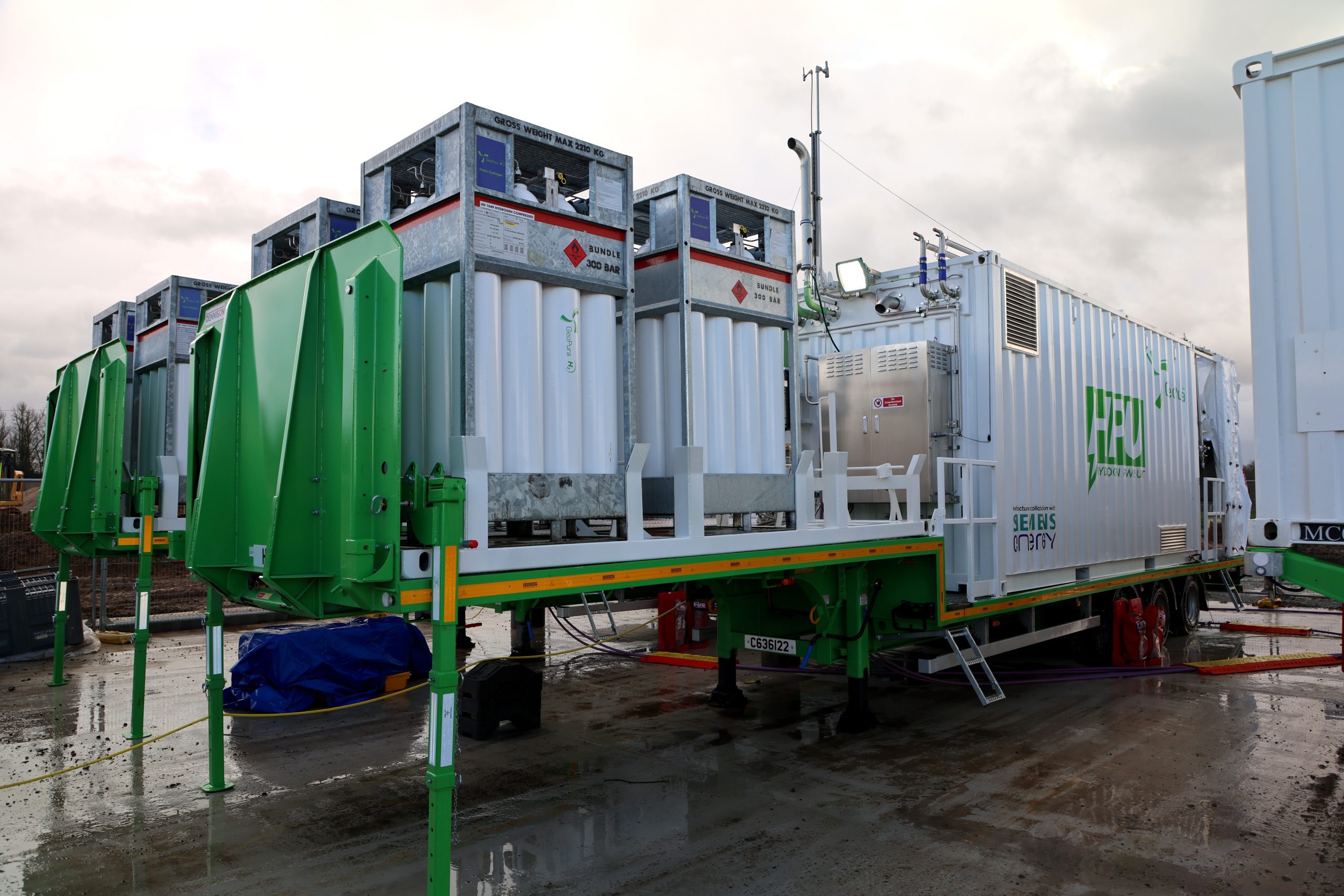The Bureau of Land Management announced Thursday that it would no longer make federally managed lands in Wyoming’s Powder River Basin available for new coal mining leases, drawing condemnation from the fossil fuel industry in the region that produces the most coal in the country, but delivering a boon to the nation’s clean energy transition.
The Powder River Basin, a geological formation that covers much of northeast Wyoming and a portion of southeast Montana, has been the nation’s largest source of coal for decades, with production there peaking in 2008. Since then, demand for coal has plummeted, largely due to the rise of natural gas and renewable energy. Taking federal coal off the table in the basin could all but put an expiration date on the nation’s thermal coal industry.
“This is a really critical, and frankly long overdue step that BLM has taken,” said Melissa Hornbein, an attorney at the Western Environmental Law Center, which was part of the legal team that represented several environmental groups in two legal challenges to the Bureau of Land Management’s previous resource management plans for the area.
We’re hiring!
Please take a look at the new openings in our newsroom.
See jobs
The decision to cease coal mining in the Powder River Basin is part of the BLM Buffalo Field Office’s Resource Management Plan (RMP), a sprawling document that lays out how the agency intends to cultivate the different uses for a strip of land under its jurisdiction near Gillette, Wyoming. Federal law requires the BLM to take a “multiple use” approach to its resource management plans, balancing resource extraction, conservation and recreation.
Travis Deti, executive president of the Wyoming Mining Association, an industry group, called the BLM’s plan a “ridiculous assault on our coal industry,” in a prepared statement, and said “banning of further federal coal leasing will kill thousands of Wyoming jobs, put families in economic jeopardy, devastate the state’s revenue base and put the already rickety American electricity grid at greater risk of failure.”
The BLM has released two previous versions of its Buffalo RMP, under both the Obama and Trump administrations. In both cases, environmental groups felt the agency failed to consider the national environmental and health consequences of the mining and burning of millions more tons of coal over several decades. The groups successfully sued the agency over both plans.
In his decision regarding the first suit, handed down in 2018, U.S. District Court Judge Brian Morris of Montana’s Great Falls Division sided with the environmental groups, saying the agency was obligated to analyze “the environmental consequences of downstream combustion of coal, oil, and gas open to development” as part of its planning process.
Now that the agency has considered the environmental impacts of combusting coal from the Powder River Basin, this was the “only scientifically defensible position” the agency could take, Hornbein said.
The BLM’s decision carries public health benefits, too, Hornbein continued. “The amount of savings in terms of sicknesses, premature birth, fetal brain damage, respiratory infections and mortality is almost hard to quantify, but it’s really, really impactful,” she said.
During the suits that helped bring about the latest Buffalo resource management plan, environmental groups submitted expert testimony from Brian Moench, a former professor of public health and the environment at the University of Utah, who contended that mining and subsequently burning Powder River Basin coal would lead to tens of thousands of premature deaths nationwide, Hornbein said.
The BLM’s decision comes a few weeks after it updated its approach to land management, recognizing conservation “as an essential component of public lands management, on equal footing with other multiple uses of these lands,” the agency said.
Deti evoked the agency’s multiple use mandate in his response to the updated Buffalo management plan, arguing that President Biden “and his radical environmental movement influencers are not only ignoring BLM’s multiple use charge under the Federal Land Policy and Management Act, but are driving the country headlong into a significant energy crisis.”
While this decision will undoubtedly preserve some of the Powder River Basin’s landscape, Horbein believes it has more to do with the agency’s analysis of environmental and public health effects from coal mining. “The amendment itself was pretty narrowly tailored to address the deficiencies found by the federal district judge in the decision overturning BLM’s prior resource management plans,” she said.
Hornbein acknowledged that this new plan would alter the economies of coal communities, whose local budgets rely heavily on taxes paid by the industry. “That impact is not small,” she said, adding that the impact of declining tax revenues has been steadily growing in coal communities as demand for coal has decreased in the last two decades. Federal and local governments and coal companies all need to work together to minimize the financial effects of shuttering coal production, Hornbein said. “Communities are going to really need help.”
This story is funded by readers like you.
Our nonprofit newsroom provides award-winning climate coverage free of charge and advertising. We rely on donations from readers like you to keep going. Please donate now to support our work.
Donate Now
As of 2022, both industrial and commercial consumption of coal were down over 60 percent from the turn of the century, according to U.S. Energy Information data.
Both Hornbein and Deti mentioned the possibility of a legal challenge to the BLM’s Buffalo resource management plan. “Wyoming’s policy leaders must combat this action forcefully with every legal and economic tool available,” Deti said. “The stakes could not be higher.”
“I’ll be surprised if there’s not a challenge,” said Hornbein.
Members of the public have until June 17 to submit comments on the final resource management plan.

















